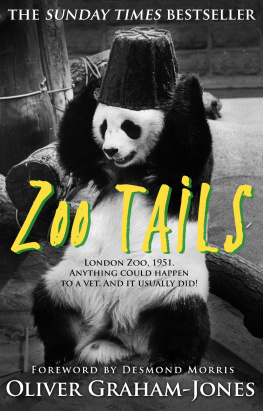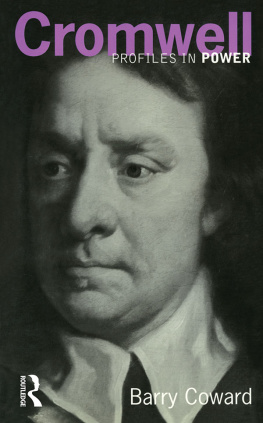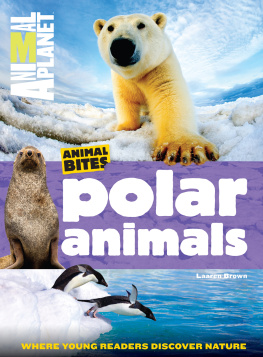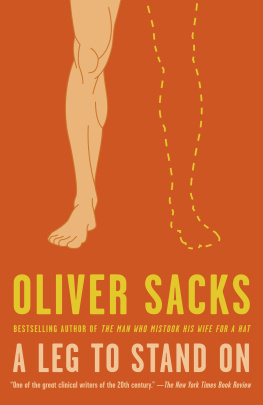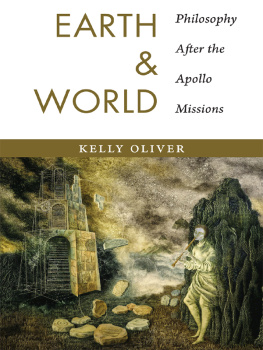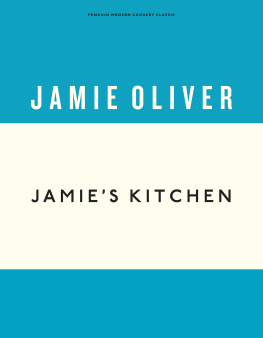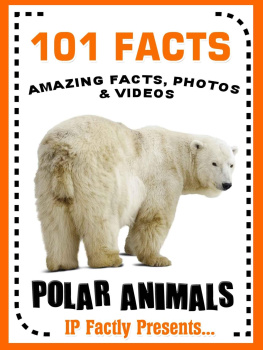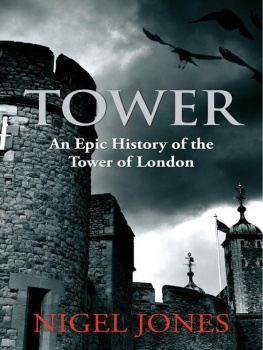CONTENTS
About the Book
One puff adder, one antelope, one crocodile
This was the list of sick animals presented to Oliver Graham-Jones on his first day as a new vet at London Zoo in 1951. And his time at the zoo didnt get any less strange or entertaining...
Theres the time he anaesthetized, and was then chased by, a gorilla; had to capture an angry polar bear in thick fog; performed a colostomy on a python; and fitted a raven in the Tower of London with a wooden leg. And if an animal escaped (more frequently than you might think) or required urgent medical attention, he was always on hand, ready for any eventuality. With his self-deprecating humour, Oliver frequently described himself as quaking with fear, but he was also skilful, brave and, most of all, incredibly caring and kind to his animal patients.
About the Author
Oliver Graham-Jones was educated at King Edwards School, Birmingham, and the Royal Veterinary College, London. Having served in the Royal Army Veterinary Corps in Italy during the Second World War, he was appointed Curator of Mammals and Veterinary Officer at London Zoo in 1951, becoming Senior Veterinary Officer in 1960, a post he held until his retirement in 1969.
He won the Livesey Gold Medal and the Victory Medal, and in 1980 the Royal College of Surgeons awarded him the Sir Arthur Keith Medal, the first time it was awarded to a veterinary surgeon. The founder of the British Veterinary Zoological Society, established to help vets in practice, Oliver Graham-Jones was described as Britains most distinguished vet.

TRANSWORLD PUBLISHERS
6163 Uxbridge Road, London W5 5SA
www.transworldbooks.co.uk
Transworld is part of the Penguin Random House group of companies whose addresses can be found at global.penguinrandomhouse.com

First published in Great Britain by Bantam Press
an imprint of Transworld Publishers
Copyright Oliver Graham-Jones 2001
Map Neil Gower 2001
Illustrations Peter Bailey 2001
Oliver Graham-Jones has asserted his right under the Copyright, Designs and Patents Act 1988 to be identified as the author of this work.
Every effort has been made to obtain the necessary permissions with reference to copyright material, both illustrative and quoted. We apologize for any omissions in this respect and will be pleased to make the appropriate acknowledgements in any future edition.
A CIP catalogue record for this book is available from the British Library.
Version 1.0 Epub ISBN 9781473510074
ISBN 9780857502605
This ebook is copyright material and must not be copied, reproduced, transferred, distributed, leased, licensed or publicly performed or used in any way except as specifically permitted in writing by the publishers, as allowed under the terms and conditions under which it was purchased or as strictly permitted by applicable copyright law. Any unauthorized distribution or use of this text may be a direct infringement of the authors and publishers rights and those responsible may be liable in law accordingly.
2 4 6 8 10 9 7 5 3 1
ACKNOWLEDGEMENTS
THROUGHOUT MY CAREER at London Zoo, the zookeepers helped me a very great deal, and I am grateful for their friendship and skills. I was particularly impressed with the way many of them made the transition from their keepering duties to the new and highly technical world of the zoo hospital. In this respect, I would like to mention the hospital superintendent, Alec Wilson, and his second in command, Tony Fitzgerald, both now sadly deceased.
Other friends have also helped me, in particular my good friend Dr Patrick Moore, whose wisdom and persistence ensured publication of Zoo Tails. Patrick is a great and busy man, but he has always found time to encourage countless people, including me.
Among zoologists, Desmond Morris understood my problems very well, and I acknowledge his friendship with gratitude.

FOREWORD
by Desmond Morris
OLIVER GRAHAM-JONES is a remarkable man, as you will soon discover as you read this collection of amazing anecdotes. In them, he describes the dramas and the emergencies, the triumphs and the tragedies, that he encountered during his days in charge of veterinary matters at London Zoo. Ordinary vets, working with domestic animals, encounter problems that are difficult enough, but Oliver was an extraordinary vet with an extraordinary collection of patients. And the almost daily problems he faced were equally extraordinary.
What would you do, for instance, if you were suddenly faced with an escaped bear, or an injured elephant, or an angry prime minister demanding that you place a live leopard on the cabinet table at Number 10 Downing Street? Oliver met all such challenges with a resourcefulness that had to be seen to be believed.
I first met Oliver in 1956, when my wife and I arrived at London Zoo to start a new television unit, making films and TV programmes about the animals there. Although we were, in a sense, intruders into his world, he was kindness itself and helped us in every way possible. Our offices were in his old sanatorium building. He was busy moving into the splendid new animal hospital, which he had bullied the zoo into building for him. The animals owed him a great debt of gratitude for this, because he had at last managed to force the horribly old-fashioned zoo out of its Victorian past. Now he had a proper operating theatre, suitable quarantine enclosures and hygienic conditions for sick animals, all of which had been badly needed for a long time. Single-handedly, he dragged the zoo into the high-tech world of modern veterinary practice. Its astonishing to think that he was the first full-time vet the zoo had ever had.
Some of his best stories come from the earlier part of his career, when matters were still much more primitive. My favourite one is concerning a bizarre encounter with Winston Churchill. Olivers rapidly developing skills at dealing with unexpected challenges proved especially useful when faced with the great mans eccentric whims. This and Olivers other Zoo Tails will raise many a smile and, along the way, a greater appreciation of what it is to play doctor to the most exotic collection of patients in the world.
PROLOGUE
THE NIGHT SKY paled, and tropical birds began to screech their greetings to the dawn. Soon the monkeys would join in with their worried chatter, an elephant would trumpet and the cacophony of the jungle would serve as a prelude to my working day.
Sleep-drugged, I switched off the alarm clock and marvelled, not for the first time, what on earth had possessed me to opt for a life where this morning chorus was as much part of the routine as, say, the clatter of milk bottles on a suburban doorstep.
As I tottered into the flats bathroom and started to shave, I heard the roar of a lion compulsively impressive. It was odd to reflect that Camden Town lay less than a mile away!
Over 1,000 mammals, birds, reptiles and fish of more than 250 different species, and I was their surgeon and medical adviser. It seemed a truly daunting prospect. How had it all begun, my association with the worlds largest living museum, the worlds biggest collection of wild animals in captivity? Yesterdays sick call had produced a panel of patients ranging from an ostrich to a spider monkey. The day before I had attended a python and the day before that a bear. Just what would todays tally be?
Next page
